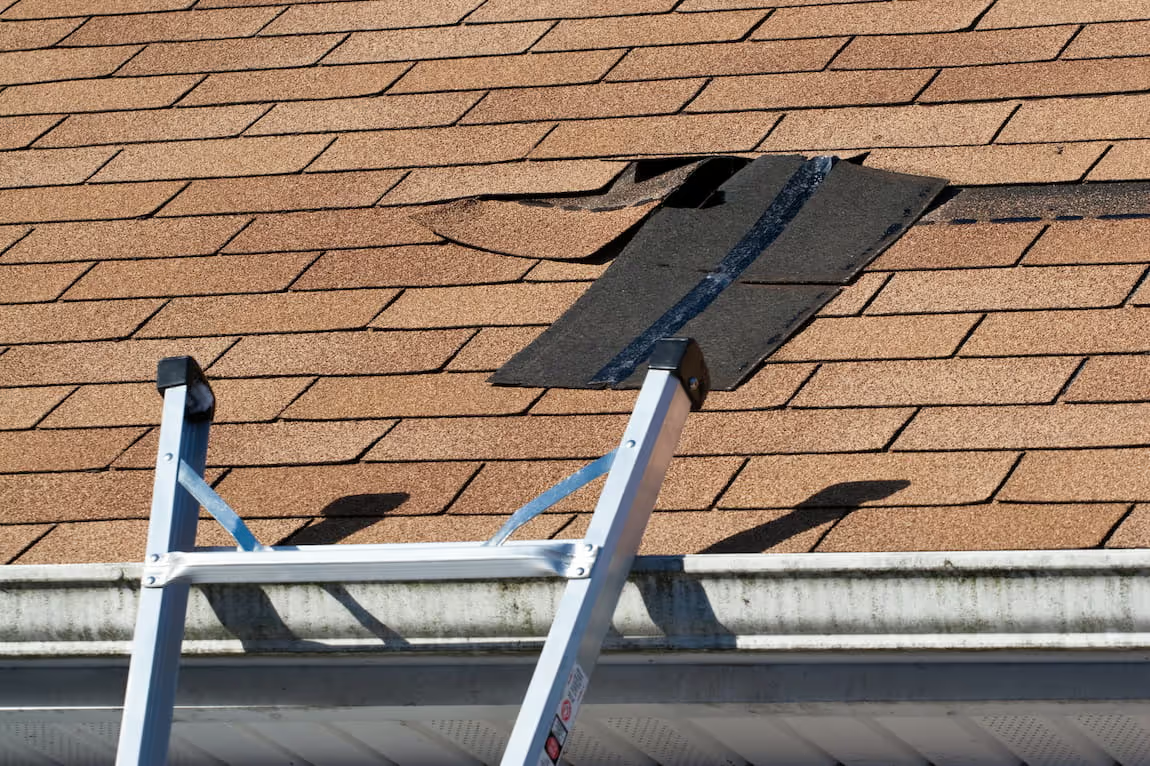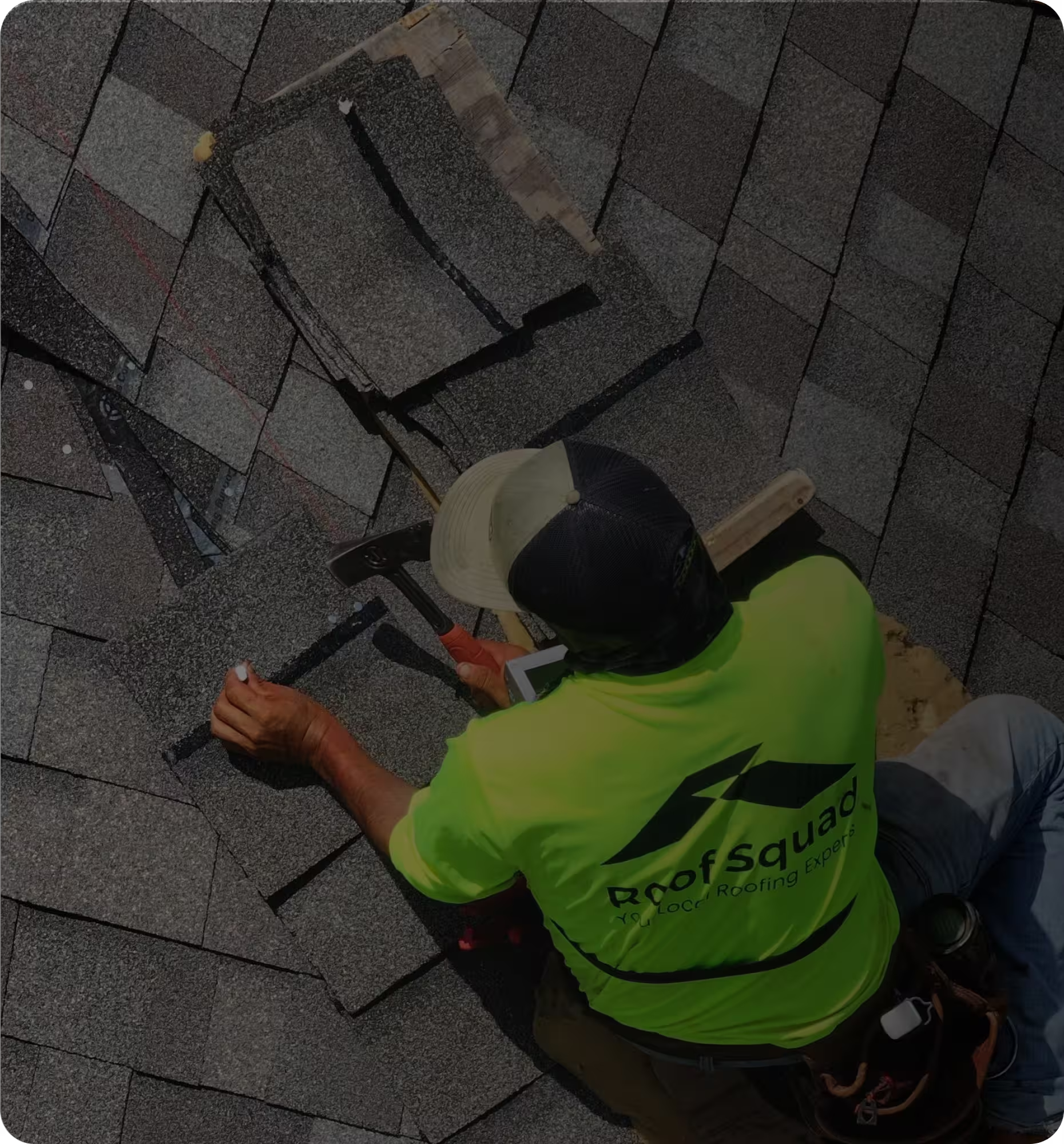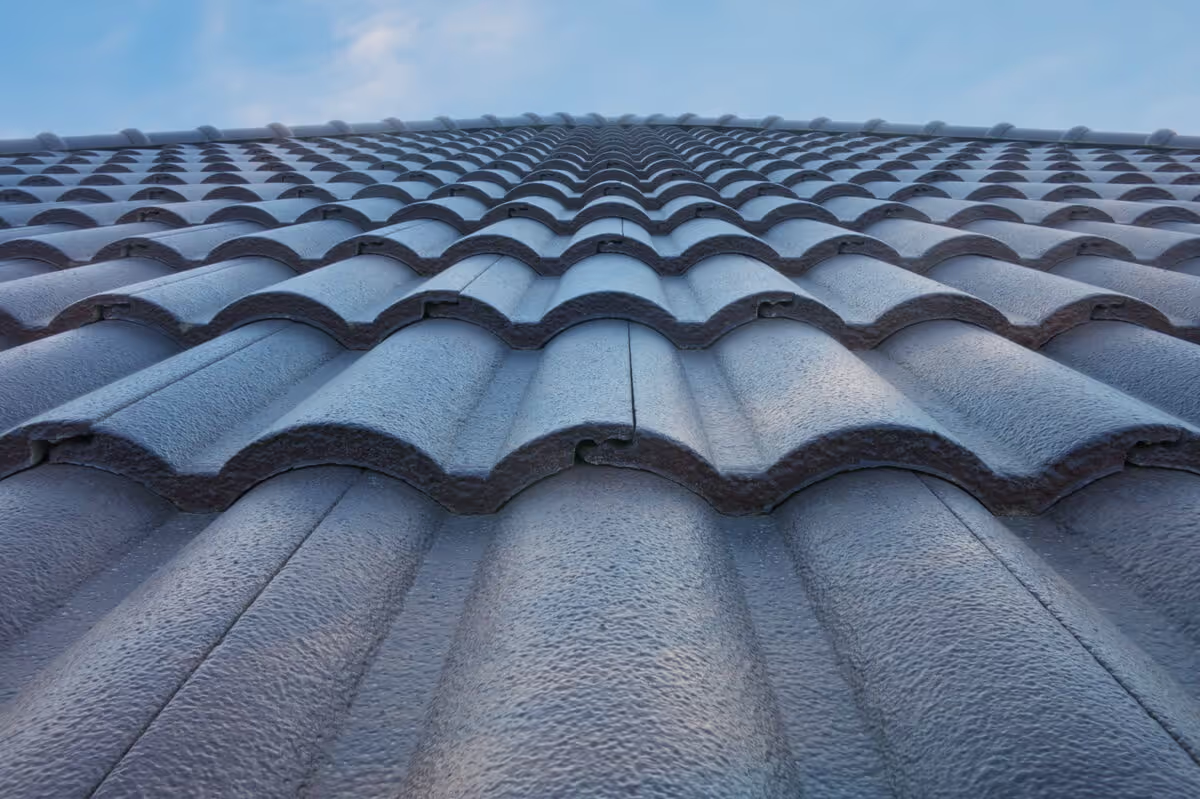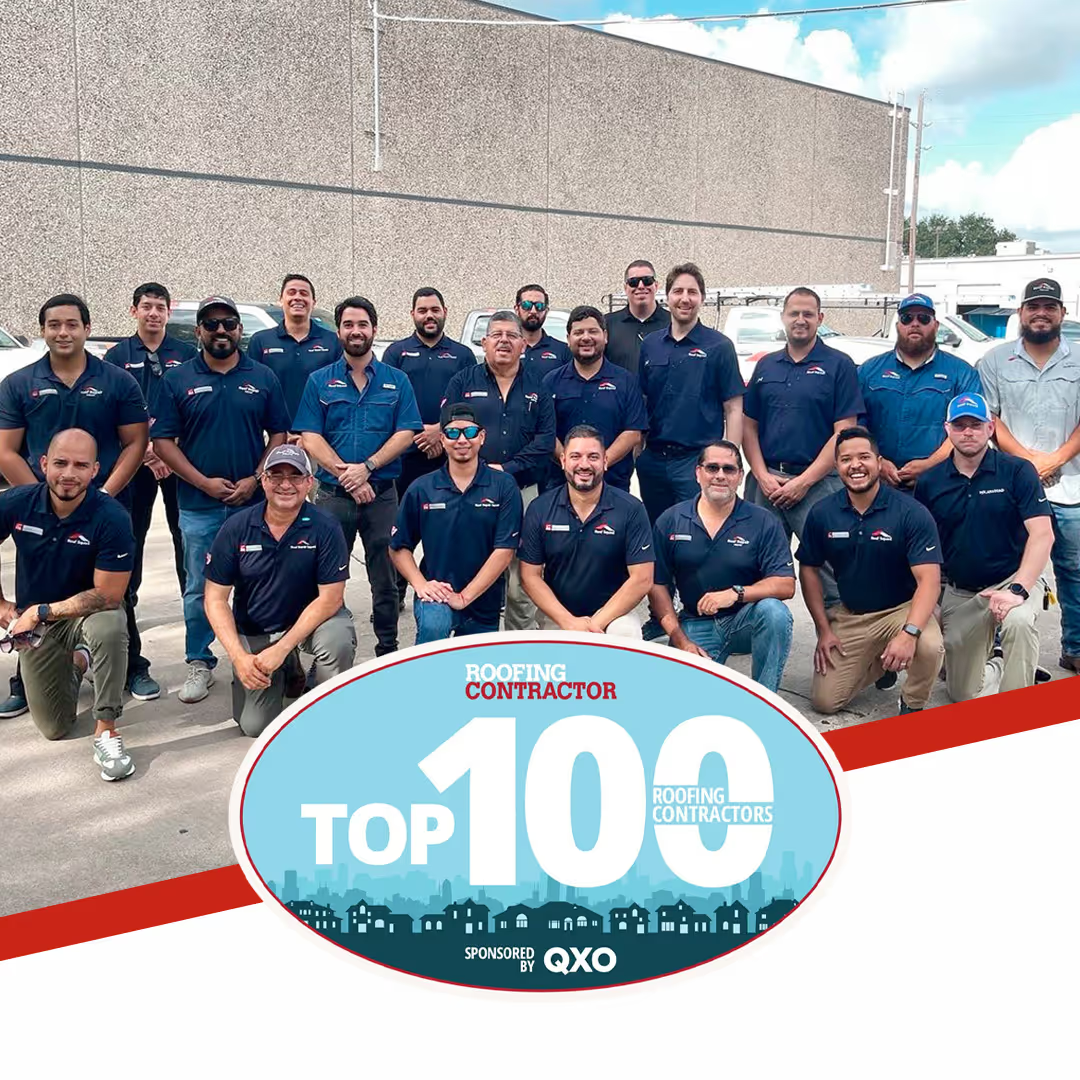Texas residents are accustomed to milder temperatures compared to other parts of the country. However, this doesn't meanthat homeowners are exempt from dealing with winter roofing problems. Fromunexpected hail storms to flashing leaks and cracked shingles, the Lone StarState faces its own set of challenges during the colder months.
Read on to explore some common winter roofingissues in Texas and get some insights into how to address them.
Hail Storm Havoc
Texas is no stranger to severe weather, and hailstorms are a common occurrence. Frozen pellets of ice can wreak havoc on yourroof, causing dents, cracks, and even punctures in shingles. The impact of hailcan compromise the integrity of your roof, leading to leaks and water damageinside your home.
Prevention and Solution
Consider investing in impact-resistant roofingmaterials to better withstand hail storms. Regular roof inspections, especially after severeweather events, can help identify and address any damage promptly. Timelyrepairs or replacements can prevent more extensive problems down the line.
Flashing Leaks
Flashing, the metal strips installed aroundroof penetrations like chimneys and vents, is crucial for preventing waterintrusion. However, over time, flashing can deteriorate or become loose,allowing water to seep into your home. Winter rains in Texas can exacerbatethis issue, leading to leaks and water damage.
Water damage can lead to a range of issuesthat compromise the structural integrity and longevity of the roofing system.Water can infiltrate the roof decking, rafters, and trusses, causing them toweaken over time. Persistent water damage creates a damp environment, providingan ideal breeding ground for mold and mildew. Lastly, water infiltration candamage the insulation layer beneath the roof, reducing its effectiveness.
Prevention and Solution
Schedule regular inspections for yourflashings for signs of wear and tear. Have a roofing contractor replace damagedor loose flashing promptly to maintain a watertight seal. Additionally,applying a waterproof sealant around flashing areas may be necessary to provideextra protection against water infiltration.
Cracked Shingles
Temperature fluctuations during Texas winters,with chilly nights and warmer days, can cause roofing materials to contract andexpand. This constant movement can lead to the development of cracks inshingles, compromising their ability to protect your home.
Prevention and Solution
Ensure proper attic ventilation to regulatetemperature extremes and minimize the expansion and contraction of roofingmaterials. Have a roofing contractor regularly inspect your roof for cracked ordamaged shingles, replacing them as needed. Additionally, consider installing areflective roof coating to mitigate temperature-related stress on yourshingles.
Being Proactive
As winter settles in Texas, homeowners need tobe vigilant about potential roofing problems. Regular inspections, timelyrepairs, and preventive measures can protect your home from the challengesposed by hail storms, flashing leaks, and cracked shingles. By taking proactivesteps, you can ensure that your roof remains a reliable barrier against thewinter elements, keeping your home warm, dry, and secure.
At Roof Squad, we specialize in roof inspectionsand repairs in Texas. Contact us today!










